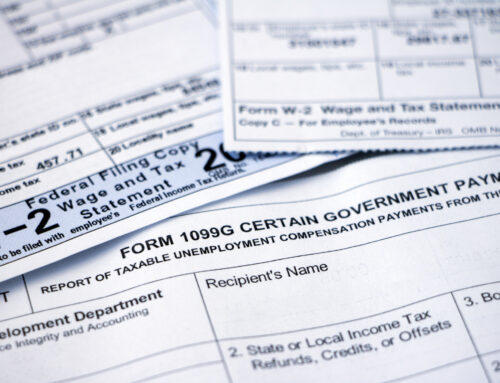Information on Identity Theft for Business, Partnerships and Estate Trusts
Businesses, partnerships and estate and trust filers increasingly are targeted by national and international criminal syndicates who use stolen data to file fraudulent tax returns for refunds.
In the past year, the Internal Revenue Service has noted a sharp increase in the number of fraudulent Forms 1120, 1120S and 1041 as well as Schedule K-1. Identity thieves are displaying a sophisticated knowledge of the tax code and industry filing practices as they attempt to obtain valuable data to help file fraudulent returns.
The IRS, state tax agencies and the tax industry, acting as the Security Summit, are expanding their efforts to better protect these filers and to better identity suspected identity theft returns.
Businesses: Recognize Identity Theft Signs
As with fraudulent individual returns, there are certain signs that may indicate identity theft. Business, partnerships and estate and trust filers should be alert to potential identity theft and contact the IRS if they experience any of these issues:
- Extension to file requests are rejected because a return with the Employer Identification Number or Social Security Number already on file;
- An e-filed return is rejected because of a duplicate EIN/SSN is already on file with the IRS;
- An unexpected receipt of a tax transcript or IRS notice that doesn’t correspond to anything submitted by the filer;
- Failure to receive expected and routine correspondence from the IRS because the thief has changed the address.
Security Summit Actions to Protect Filers
The IRS for several years has taken certain steps to help protect the Form 1120-series filers, and the Security Summit effort is part of that. For the 2017 filing season, tax software products for the first
Read more of this article by clicking the link: http://bit.ly/2iRphz7
Shared from the Internal Revenue Service






